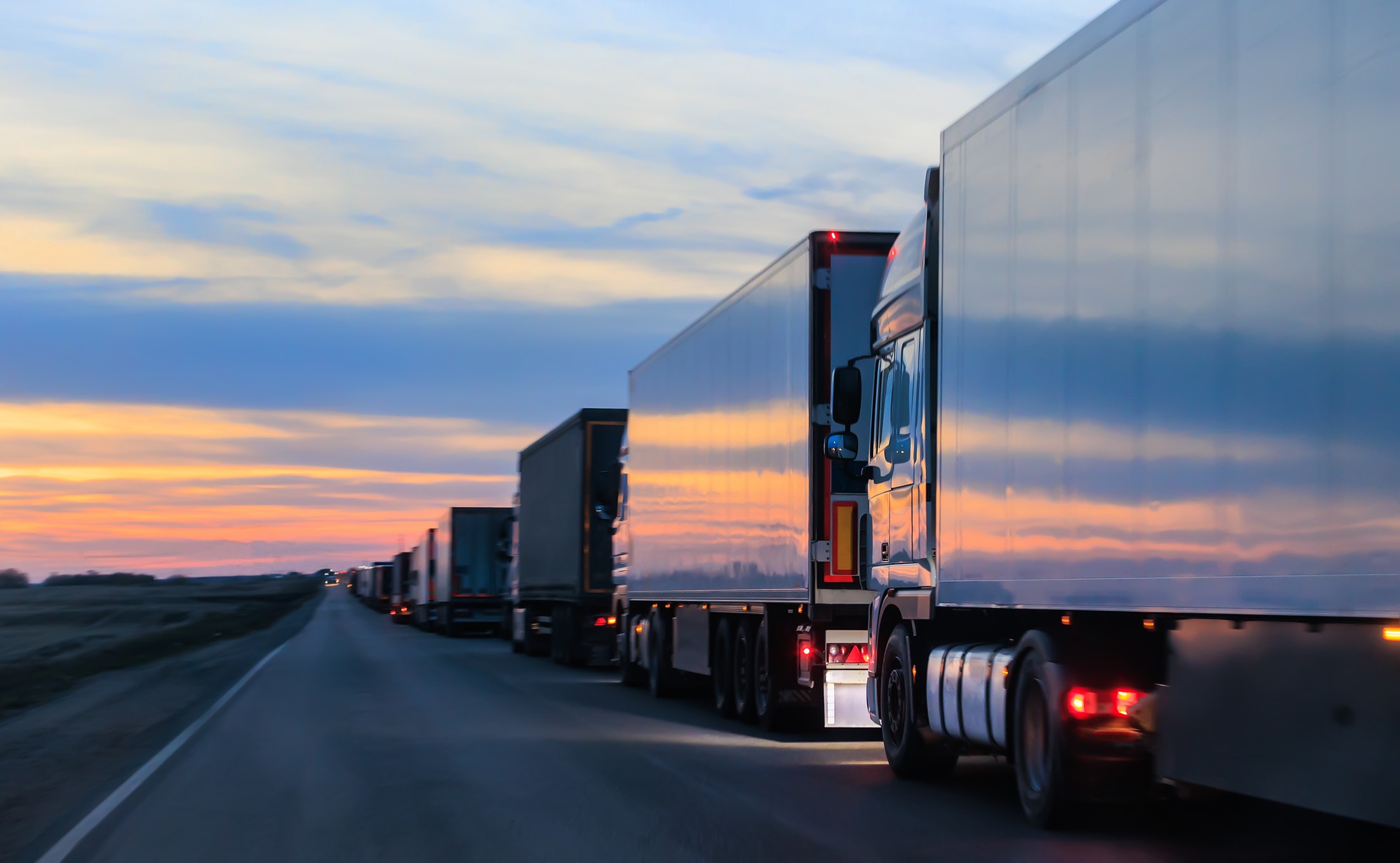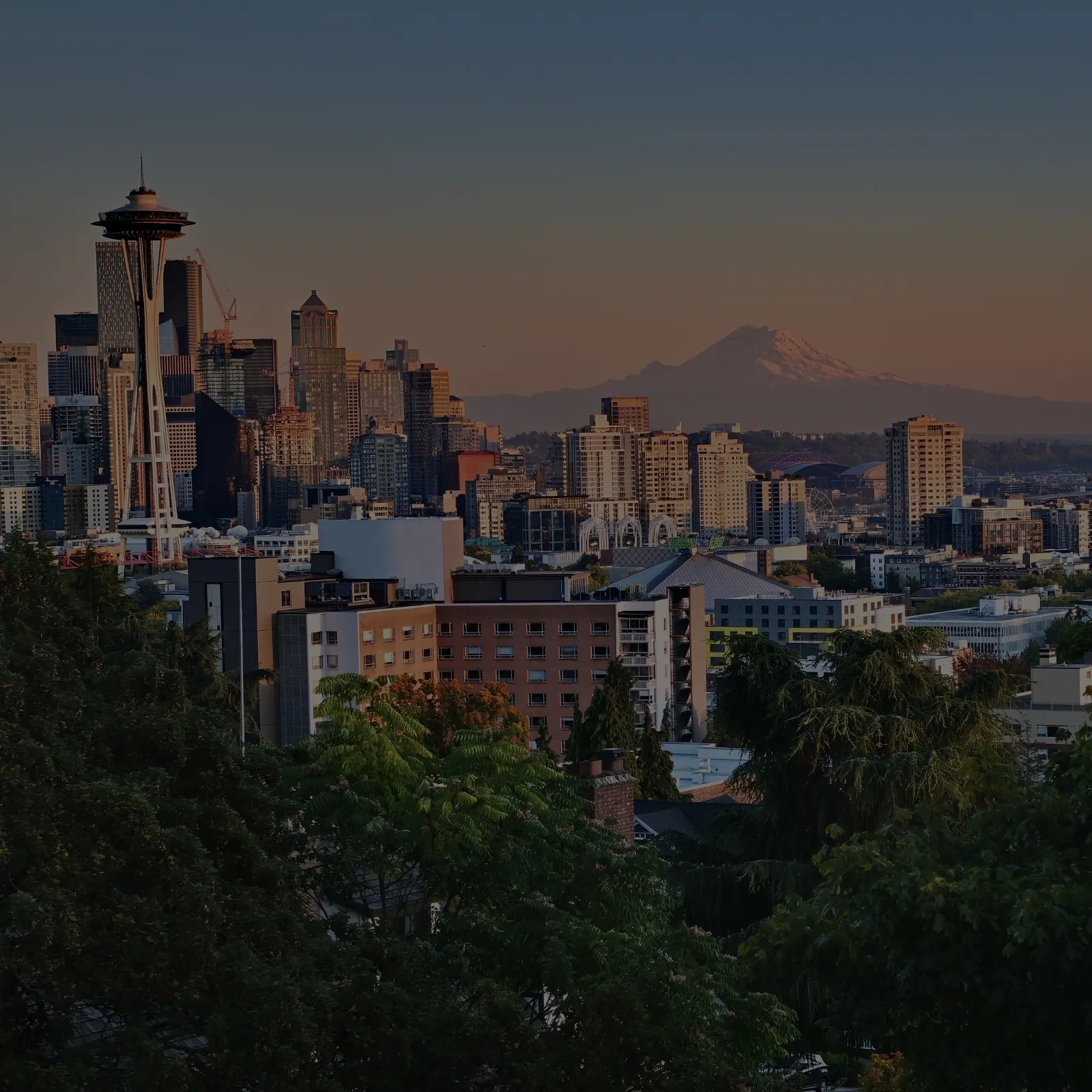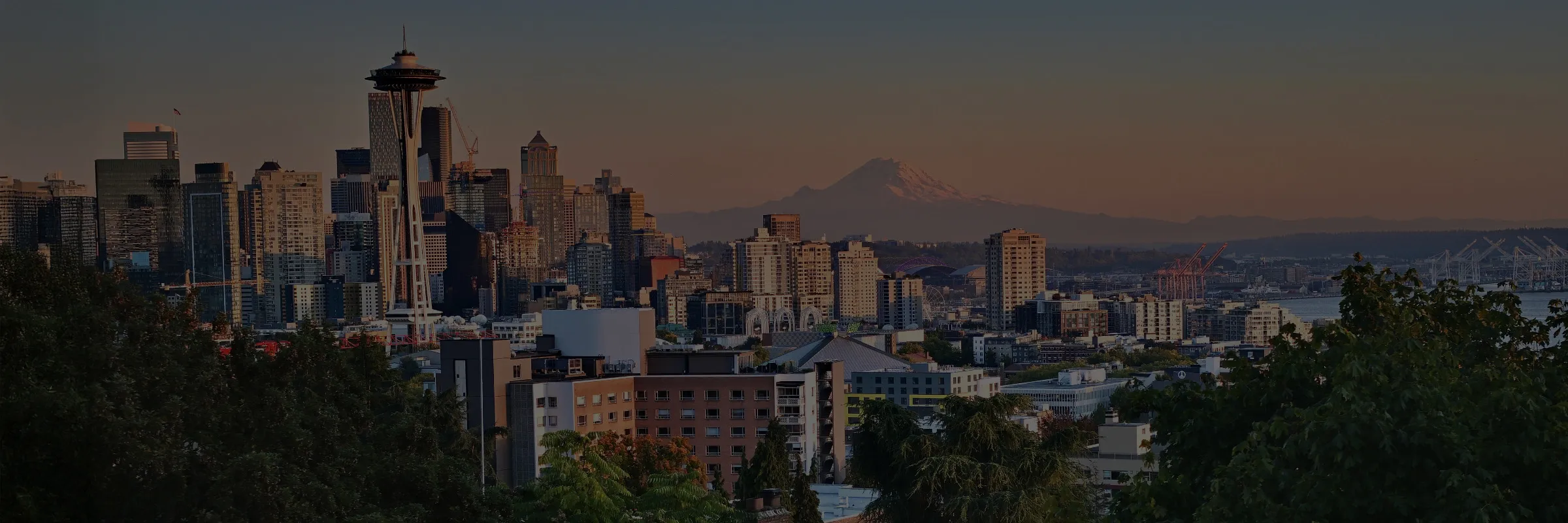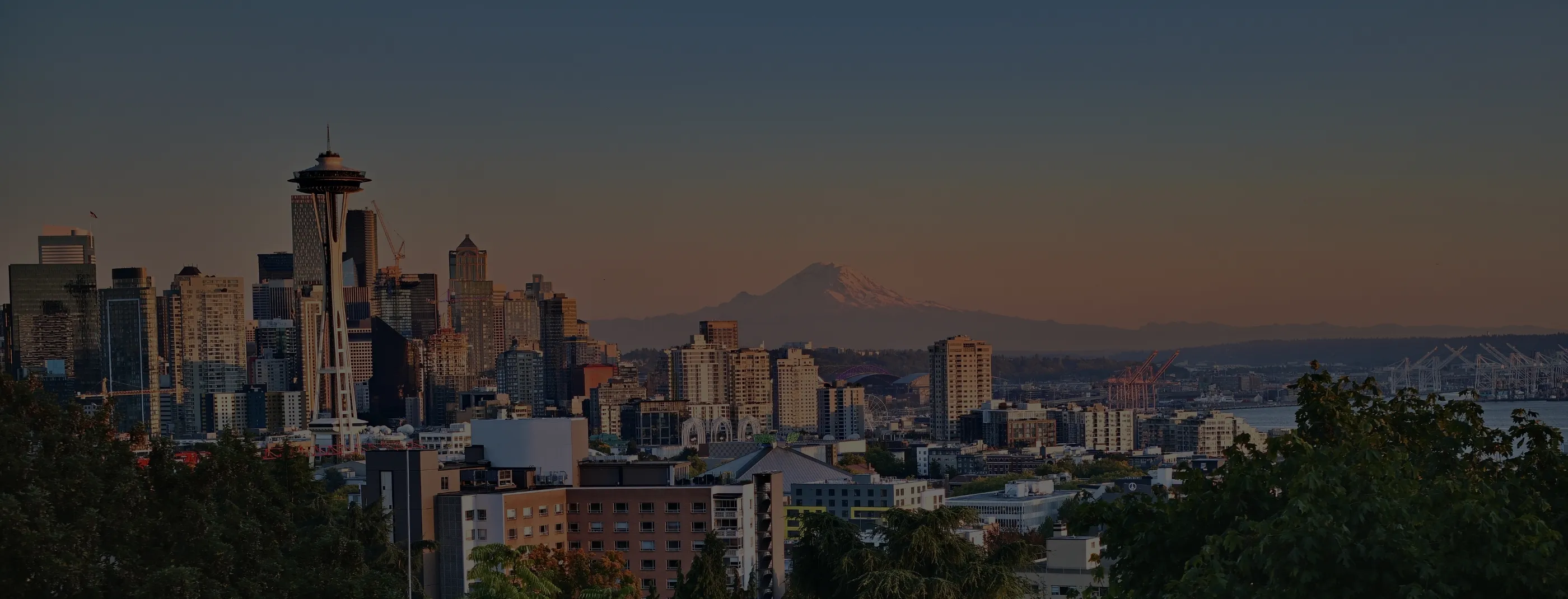Driving a commercial vehicle in Washington State comes with strict legal responsibilities. These rules are designed to protect everyone on the road, especially since large trucks, buses, and other commercial carriers can cause devastating damage in a crash. Learning about these laws and what they entail is important for both drivers and accident victims.
If you were involved in a commercial vehicle accident in Seattle or elsewhere in Washington State, you may have the right to seek compensation. Read on for more information that you can refer to for your case, and contact a Seattle truck accident attorney for a free consultation if you need legal help.
Commercial Vehicle Requirements in Washington
The Washington State Department of Licensing (DOL) oversees commercial vehicle regulation. In most cases, drivers must obtain a Commercial Driver’s License (CDL) if they operate:
- A vehicle weighing 26,001 pounds or more
- A vehicle transporting hazardous materials requiring a placard
- A vehicle designed to carry 16 or more passengers, including the driver
Drivers must also undergo medical exams, maintain clean driving records, and meet age requirements. Employers are expected to ensure their drivers comply with all state and federal safety regulations. If they don’t and an accident occurs, they could be legally responsible through a theory called vicarious liability.
Hours-of-Service and Safety Rules
Fatigue is a major risk in the trucking industry. To reduce this danger, Washington follows the Federal Motor Carrier Safety Administration (FMCSA) hours-of-service rules, which limit how long drivers can remain on duty:
- No more than 11 hours of driving after 10 consecutive hours off duty
- No driving beyond 14 consecutive on-duty hours
- At least a 30-minute break every 8 hours of driving
- Weekly driving limits of 60 hours in 7 days or 70 hours in 8 days
Violating these rules can also make the driver and/or their employer liable for damages.

Commercial Vehicle Laws in Washington State
Insurance and Liability
Commercial vehicles must carry higher levels of liability insurance than passenger vehicles. In Washington, minimum coverage requirements are set by the type of cargo and vehicle size. For example, trucks transporting hazardous materials need substantially more coverage than standard freight carriers.
When an accident occurs, liability may fall on more than one party, such as:
- The commercial driver
- The trucking company
- A maintenance provider
- A manufacturer of a defective vehicle part
These considerations, among other factors, makes commercial accident cases generally more complex than typical car accident claims in Seattle.
Washington’s Comparative Negligence Law
Like many states, Washington uses a pure comparative negligence standard. This means an injured person can still recover damages even if they were partially at fault for the accident. However, their recovery will be reduced by their percentage of fault.
For example, if you were found 15% responsible for a collision with a commercial truck, your compensation would be reduced by 15%. An experienced personal injury lawyer can help you respond to any allegations of shared fault effectively.
Contact a Commercial Vehicle Accident Lawyer at Seattle Injury Law Today
Washington’s commercial vehicle laws are detailed and complex. If you’ve been injured in a crash, you may face powerful trucking companies and insurers who will try to limit what they owe. An experienced personal injury attorney with Seattle Injury Law can help you maximize the value of your claim.
Contact us today to schedule a free initial consultation. We work on a contingency fee basis, meaning we only receive attorney’s fees if we win compensation for you.




